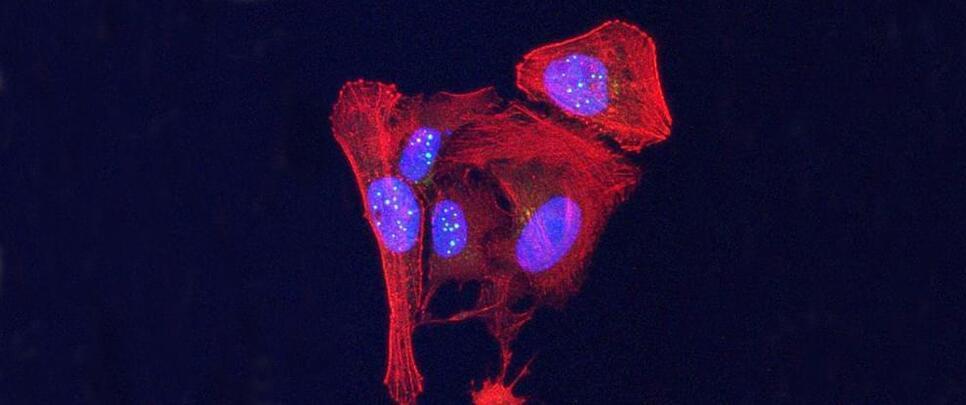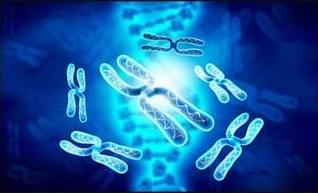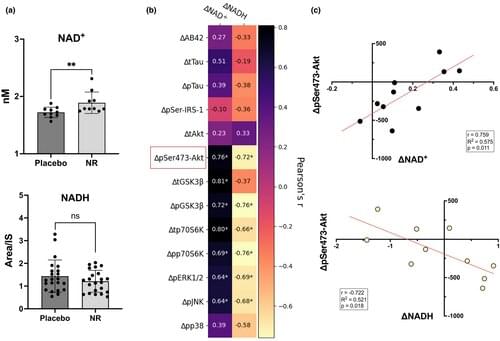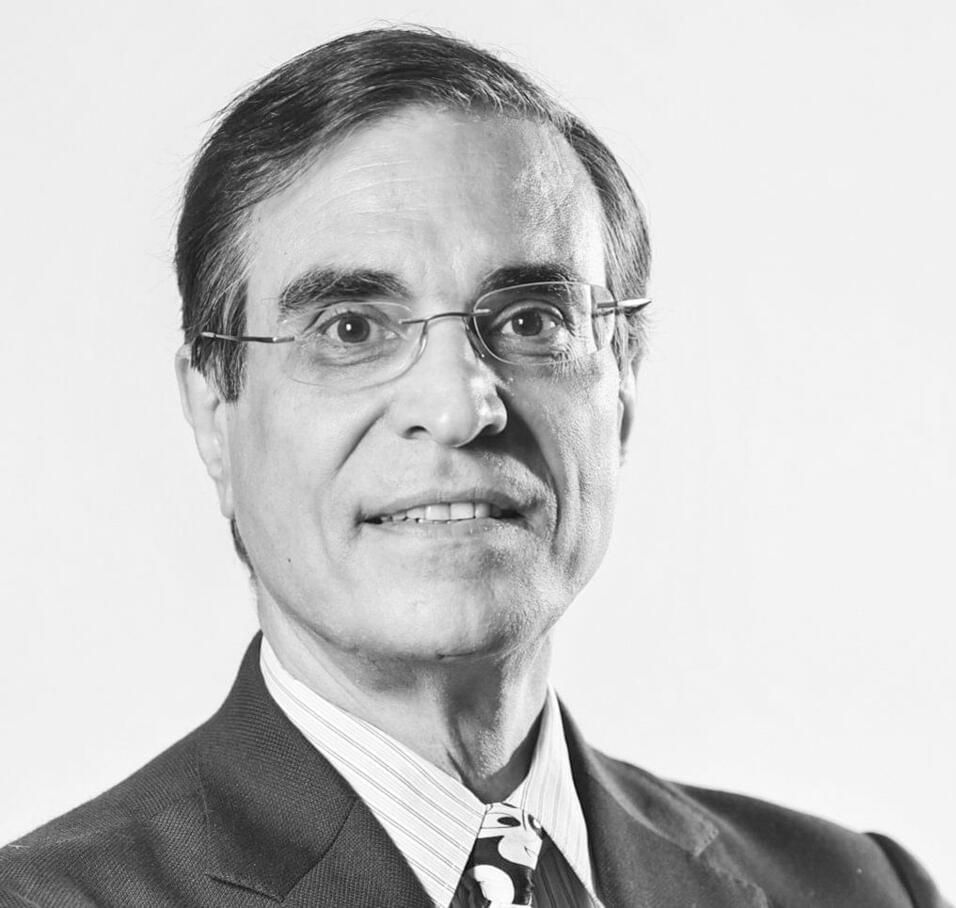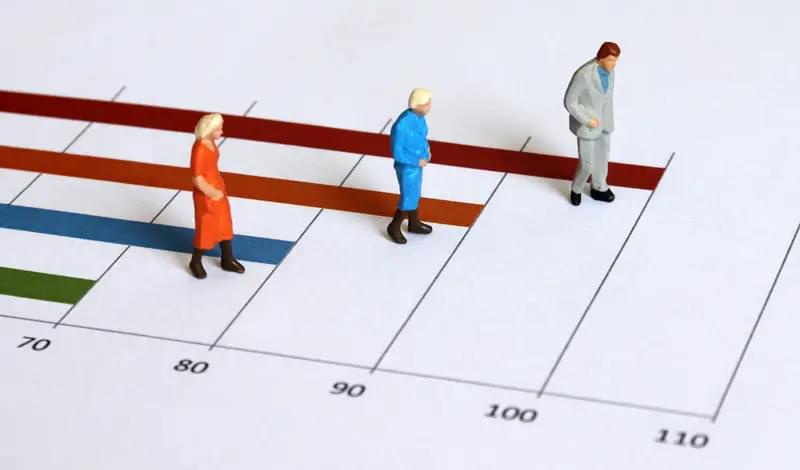We’ve known about telomeres for more than 80 years, but these tiny, protective structures at the end of the chromosomes keep revealing secrets to us, including the possibility of having surprising functions.
It turns out that these key biological cogs can produce proteins, something previously thought impossible due to their simplicity.
While it’s not clear yet what these proteins might do, the fact that they exist at all is significant.
